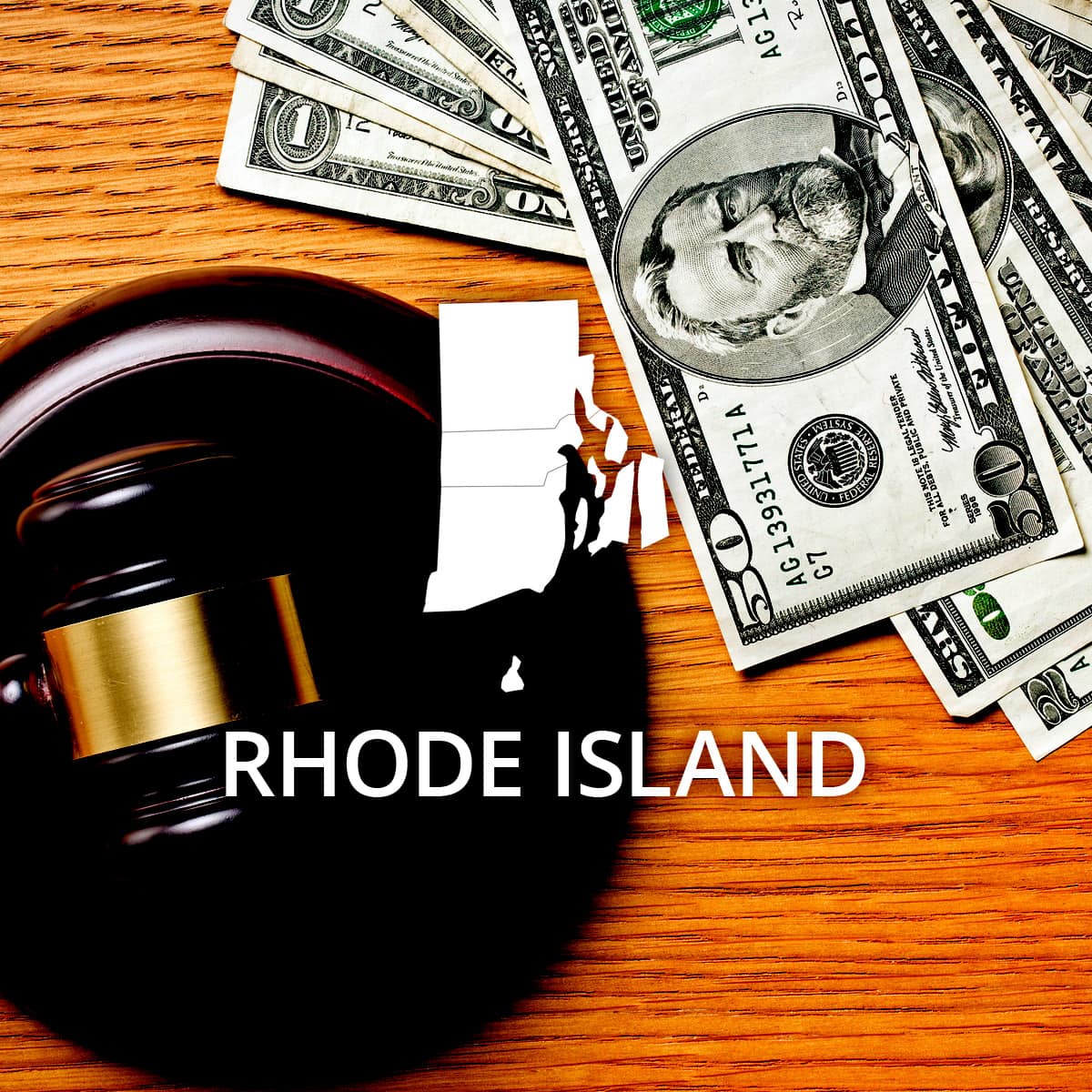 Multiple Bankruptcies: How Often You Can File One?
Multiple Bankruptcies: How Often You Can File One?
Table of Contents
 How to File Bankruptcy in Rhode Island
How to File Bankruptcy in Rhode Island
 Bankruptcy is a matter of federal court, and each state has at least one U.S. Bankruptcy Court. All forms are filed with and fees paid to this court. A bankruptcy may be a good option when financial obligations are too great to handle with current income levels, though it is suggested to consult an attorney on the matter prior to filing.
Bankruptcy is a matter of federal court, and each state has at least one U.S. Bankruptcy Court. All forms are filed with and fees paid to this court. A bankruptcy may be a good option when financial obligations are too great to handle with current income levels, though it is suggested to consult an attorney on the matter prior to filing.
 Types of Bankruptcy and Terms
Types of Bankruptcy and Terms
Anyone can file bankruptcy, but the terms and case must be approved by the U.S. Bankruptcy Court. The most commonly filed types of bankruptcy include Chapter 7 and 13. Chapter 7 bankruptcies discharge most unsecured debt and is only granted when the debtor passes a means test prior to filing. Chapter 13 allows the debtor to keep most of their property but creates a new agreement for repayment to the creditor. This can include reduced balances and/or payments to fit within the budget of the debtor.
Other types of bankruptcies include Chapter 11, which is filed by a business, and Chapter 12, which is reserved for agricultural professionals.
 Steps to Filing Bankruptcy
Steps to Filing Bankruptcy
The first step to filing bankruptcy in Rhode Island should be to consult with a local attorney. If you cannot afford one, you can file pro se, but the better option is to contact the American Bar Association to attempt to find a lawyer who will work your case at a reduced rate.
Anyone who wishes to file bankruptcy must first attend an approved credit counseling course and provide documentation of such to the court. This course must be completed within 180 days prior to first filing.
If you plan on getting rid of your debt in a Chapter 7, you will need to first meet a means test. This test accounts for all income and expenses and determines whether you can feasibly meet your debts. This test, along with several other forms and documents, must accompany your petition for a bankruptcy to the court.
Regardless of the type of bankruptcy, you will need to be able to provide documentation proving your identity, tax history, current and past employment, property owned, current debts and accounts, as well as all sources of income and expenses. It is important to be aware of filing deadlines for these documents, since the court will likely dismiss a case that doesn't turn them in on time.
Court fees will also need to be paid by directed deadlines, and can range from a few hundred dollars to $1500+. Each court differs on these amounts. If you plan on filing Chapter 7 and can't afford the fees, you can apply for a payment plan or reduced court fees.
A meeting of creditors will then be mediated by the court in order to determine which debts will be discharged or reduced and by what amount. These agreements will be part of the final bankruptcy discharge. Prior to the bankruptcy being finalized, you will also be required to attend a financial management course at an approved vendor.
Additional information and bankruptcy forms can be found at https://www.uscourts.gov/forms/bankruptcy-forms or RecordsFinder.com Court Forms Section.
 Location Specific Information
Location Specific Information
The District of Rhode Island U.S. Bankruptcy Court is located at 380 Westminster Street, 6th Floor, Providence, RI 02903. The phone number is (401) 626-3100, and hours are 8:30a-5p, Monday through Friday.




